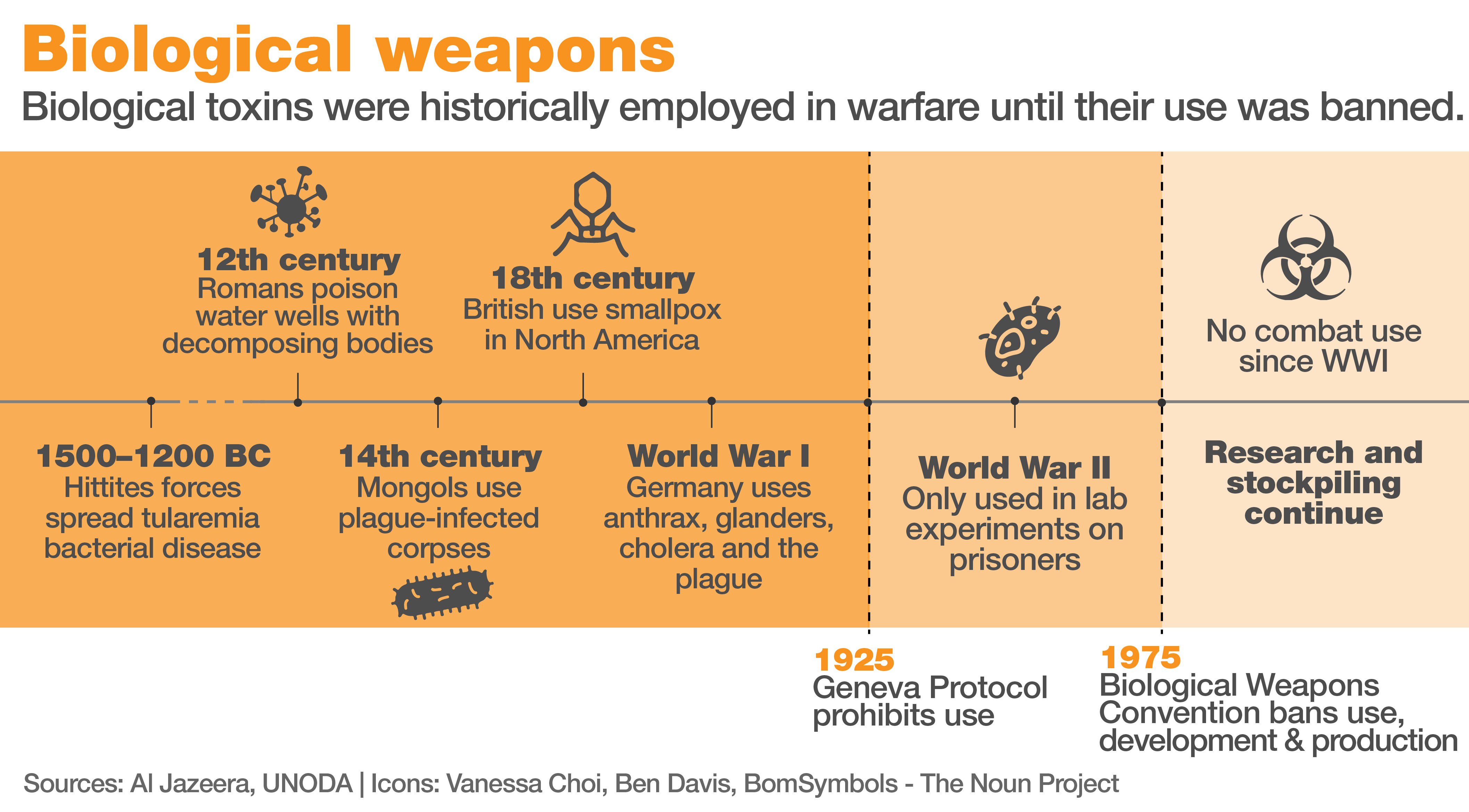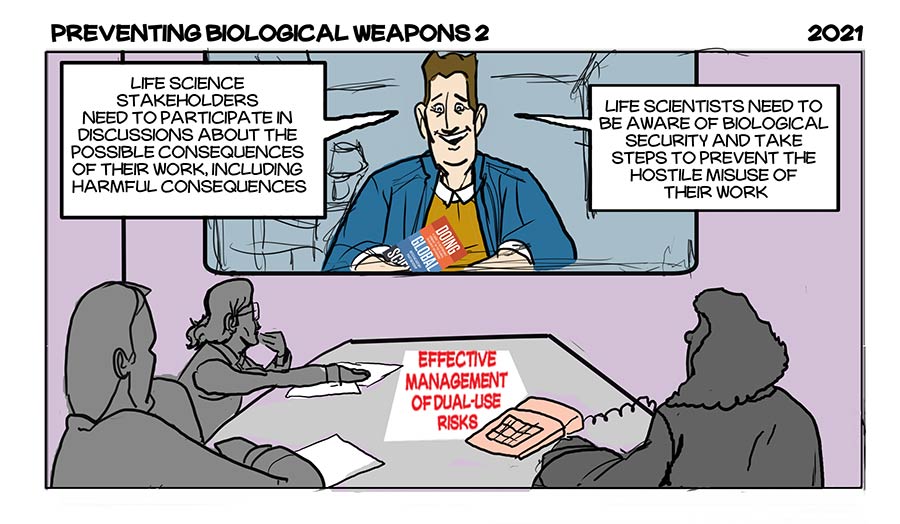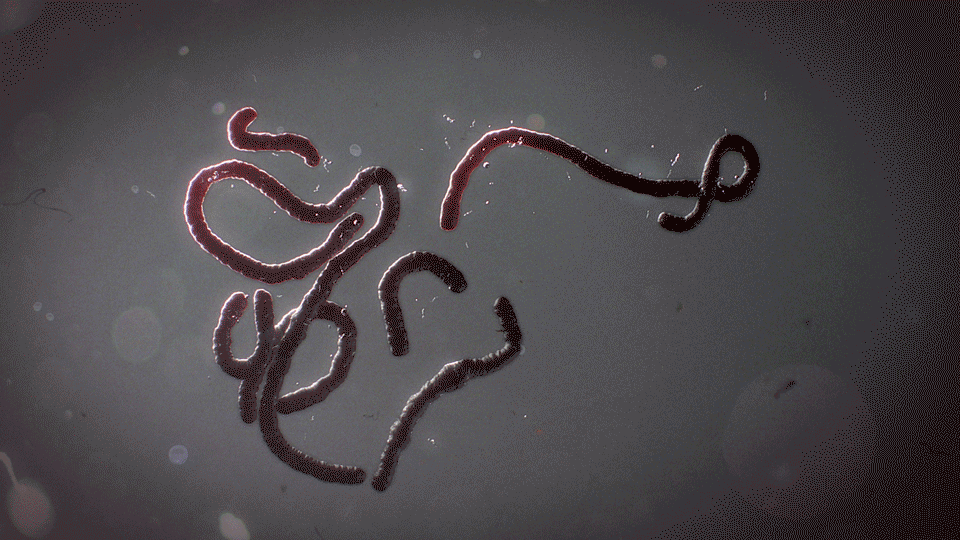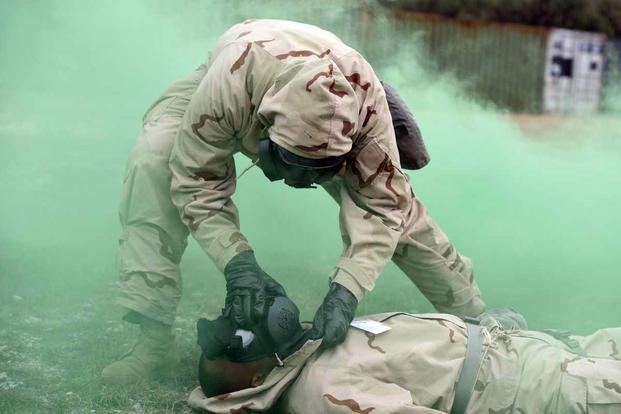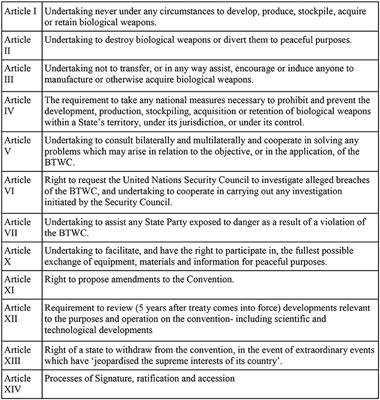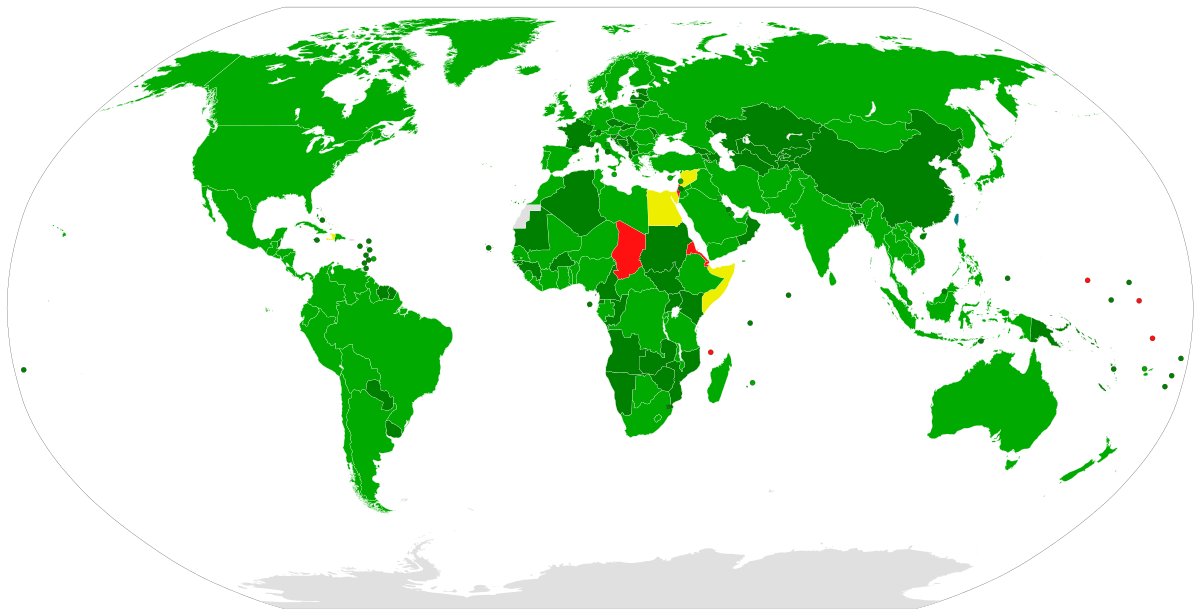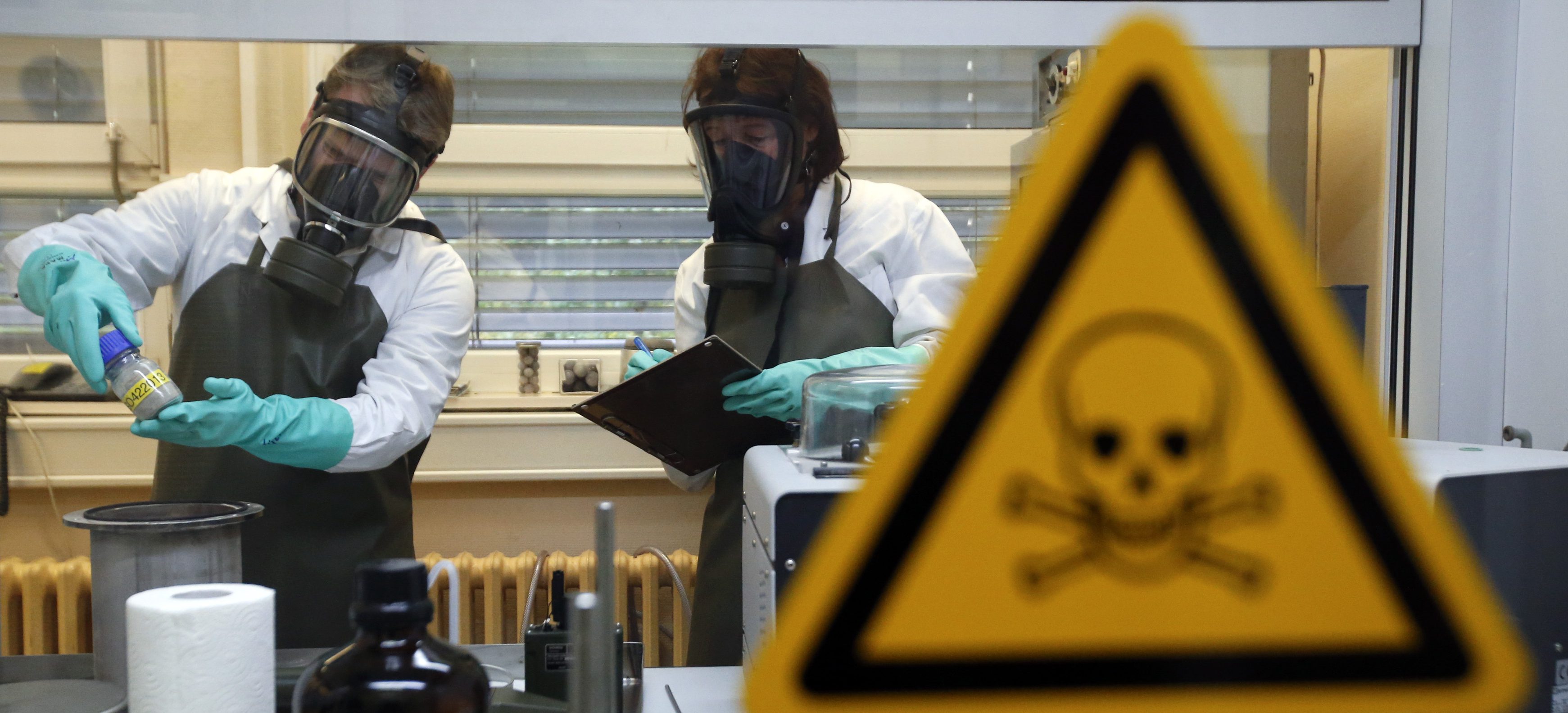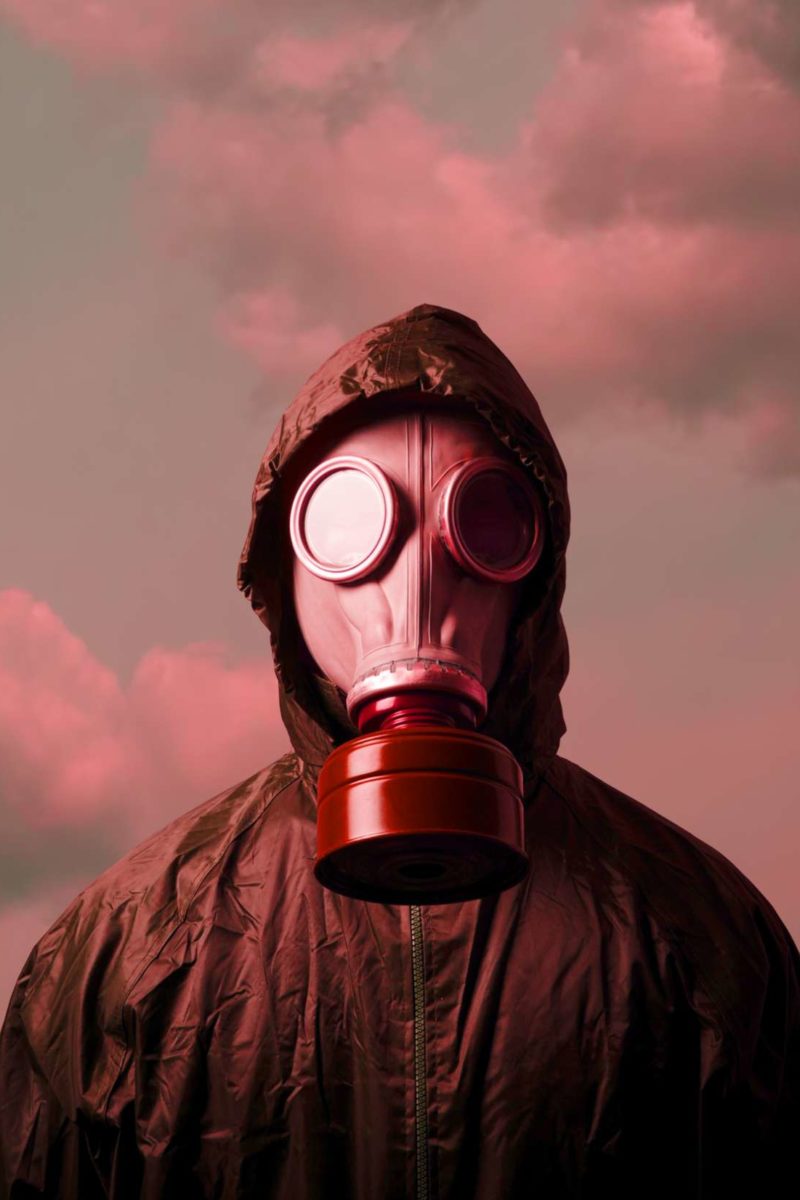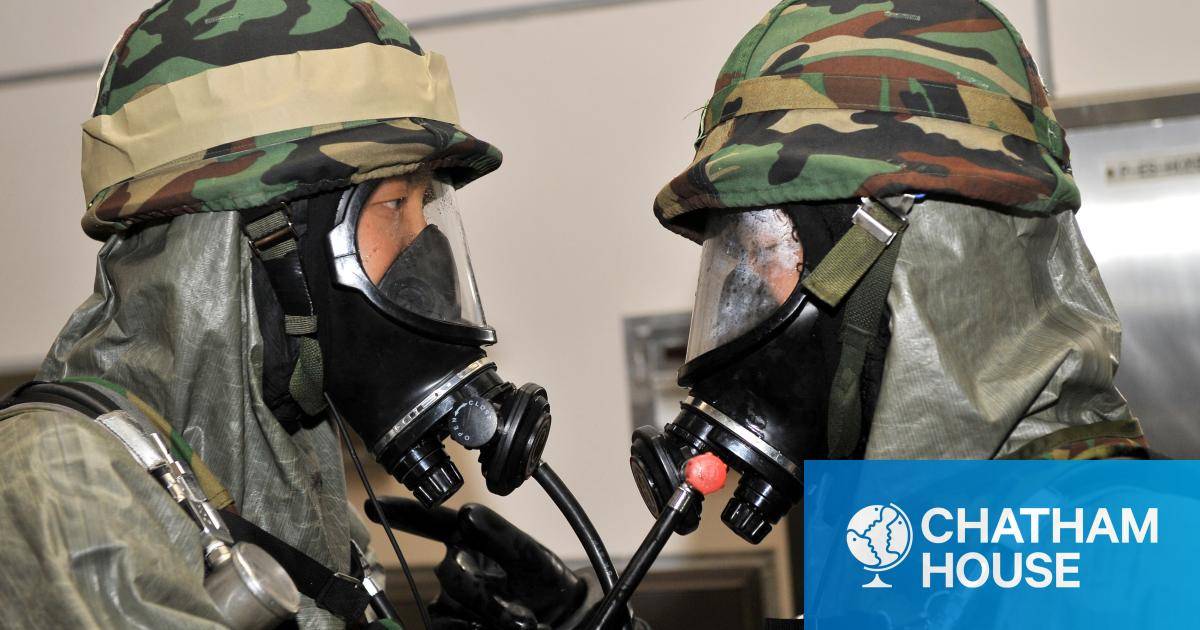Brilliant Info About How To Prevent Biological Warfare
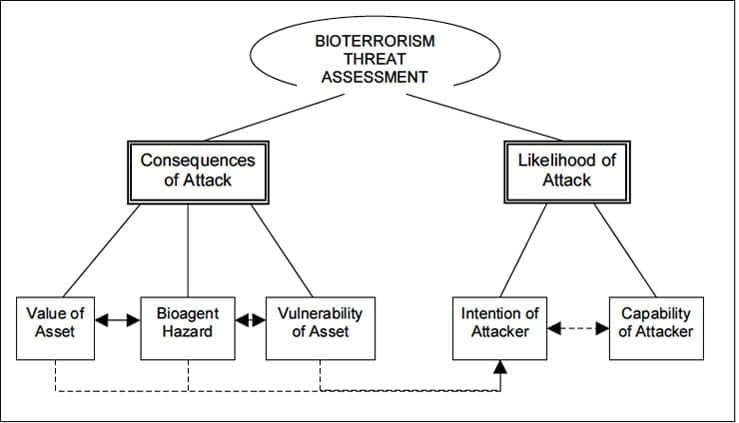
The 1925 geneva protocol for the prohibition of the use in war of asphyxiating, poisonous, or other gases, and of bacteriological methods of warfare was enacted to prohibit the use of.
How to prevent biological warfare. Standard risk, aerosol infection, droplet infection and contact infection. The four essential pillars of our national biodefense program are: Similarly, preventing the use of biological weapons, responses to their use, and adequate defenses against them depend in large part on the ability of forensic analyses to attribute (or.
8 tips for surviving biological warfare 1. Threat awareness prevention and protection surveillance and detection response and recovery. Early detection is essential for ensuring a prompt response to a biological or chemical attack, including the provision of prophylactic medicines, chemical.
This paper describes the routes of exposure to biological. Treaties, international agreements, and political pursuits have not been able either to control or to rid the world of bioweapons. How can we stop biological warfare?
Biological warfare involves the use of biological poisons and infectious organisms with the aim of incapacitating or killing humans, animals, or plants. The agent of choice for most biological warfare programs, writes block, is anthrax. The most important key to surviving a biological attack is awareness and preparation, and.
Health care providers treating victims of. Thorough showering with soap and water removes 99.99% of the few organisms that may be left on the victim's skin. Anthrax bacteria produce extremely lethal spores, and breathing in large numbers can lead to inhalation.
Biological and toxin weapons are either microorganisms like virus, bacteria or fungi, or toxic substances produced by living organisms that are produced. Keep an ear to the ground.
